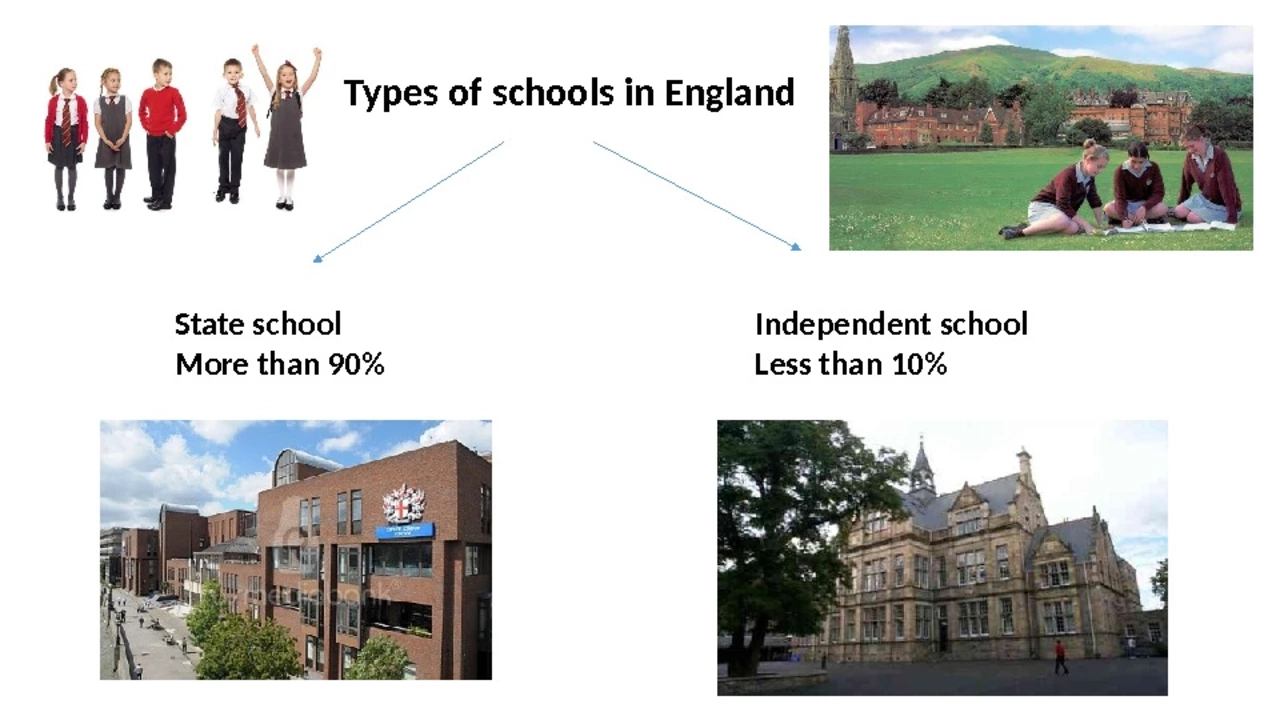A Ride Into The UK Education System: An Introduction
Take a seat, fellow folks, as I turn the pages of the UK education system, specifically the concept of "forms". You see, this is not an uncommon term for my UK friends, but here in Australia, or anywhere outside the United Kingdom, it might sound like alien language. So let's break the code for you, and not just in generic terms. I'll try to make it as interesting as I can, just like the way Poppy, my Siamese cat, tries to chase her own tail. It's a mystery to unravel, I promise.
The "forms" in UK education are essentially a division of year levels or stages, similar to the grades in the American education system. Years are first grouped into Key Stages, and then further split into forms that cater to a student's unique age and academic requirements. Alright, before your eyebrows furrow any deeper, let's unravel the mystery layer by layer, shall we?
The Alphabet Soup That Is The UK Education System: Unraveling The Slang
Now, before we dig deeper into the concept of "forms", it's necessary to understand a bit about Key Stages. These are broad divisions of the UK Curriculum, each having a specific area of focus and development objectives. It’s like a larger cake with slices of learning stages, and within these slices, we then find the intriguing term - "forms".
But I know what you’re thinking. If stages are the slices of cake, then what are these forms? Think of them as layers within the slices, each with its own distinctive flavour. For instance, within Key Stage 3, the pupils are divided into either first, second, or third form. This division caters to specific academic needs based on the child's age and previous attainment, helping to customise the educational experience in a more meaningful manner.
The Maze of Lower and Upper Forms: Exploring the Route
The terms Lower Form and Upper Form are usually used in private or independent schools in the UK. They are stages of secondary education corresponding to Year 7 to 9 (Lower) and Year 10 to 11 (Upper). But why the differentiation, you might ask. Well, my curious friend, this distinction primarily assists in framing the curriculum around the formative years of a child in a more concentrated manner. These stages subtly blend in learning with life skill development, setting a comprehensive pathway for a child's future.
And let me tell you, it isn't merely academic. It envelops creative aspects, communication skills, social responsiveness - creating well-rounded personas out of raw individuality. Oh, if the education system was a city, the forms would definitely be those intricate alleyways full of vibrant graffiti, secret corners and unparalleled character!
A Deeper Dive Into the Lower Forms: A Day in The Life of
If there's one memory from my school days that I cherish is the time we'd dive into various subjects with an explorative approach free from the constraints of tedious exams. The UK Lower Forms (Year 7 to Year 9) resonate with this idea. This stage often prioritizes fostering a love for learning, encompassing subjects like English, Maths, Science, Technology, Foreign Languages, and the Arts, amongst others.
So, don't ponder if your 12-year-old nephew in Southampton tells you he’s learning Shakespeare in his Lower Form years. Those are magical, explorative years that foster a foundation of lifelong learning! If my Siamese cat Poppy could talk human, she'd definitely vouch to be a part of this comprehensive system. After all, who wouldn't love chasing the vitality and variety of vivid subjects!
The Magic of Upper Forms: Maturing Minds and Milestones
Knocking on the door of Upper Forms (Year 10 and Year 11), students find themselves gearing up for the pertinent stage, characterized by more rigorous learning, paving the path for GCSEs or IGCSEs - the General Certificate of Secondary Education. During these two years, subjects are typically fewer (around eight usually) but are studied more intensely, with a definitive aim of in-depth subject understanding.
Believe it or not, these years are exciting in their own unique way—specialist teachers for each subject, practical laboratory work and exploring GCSE/A-Level choices. It’s like stepping into the colourful world of carnival, each stall offering a unique experience and each choice leading to a different path. Certainly not a dull day for a student in the Upper Form, I'd say!
What Awaits Beyond The Forms: A Transcendental Journey
Now that you've nicely journeyed through the forms, it's time to look beyond. Post-Upper Forms come the college years, typically referred to as sixth form or college, where students study A-Levels, BTEC, or other vocational qualifications. These years are more about independent learning and critical thinking, marking a significant transition from secondary school to university education. This is a stage where students get to specialize in subjects that would dictate their university degrees and potential career paths.
The UK education system, with its vibrant forms and stages, is indeed a fine orchestration of diversified learning experience. It’s like a fanciful rollercoaster ride, with multiple stops each designed to enrich the rider in a unique way, as they journey from the innocence of childhood to the maturity of adolescence. In fact, it’s a system that’s got a character and a charm of its own, and one that I believe we can draw inspiration from, irrespective of the geographical boundaries.
